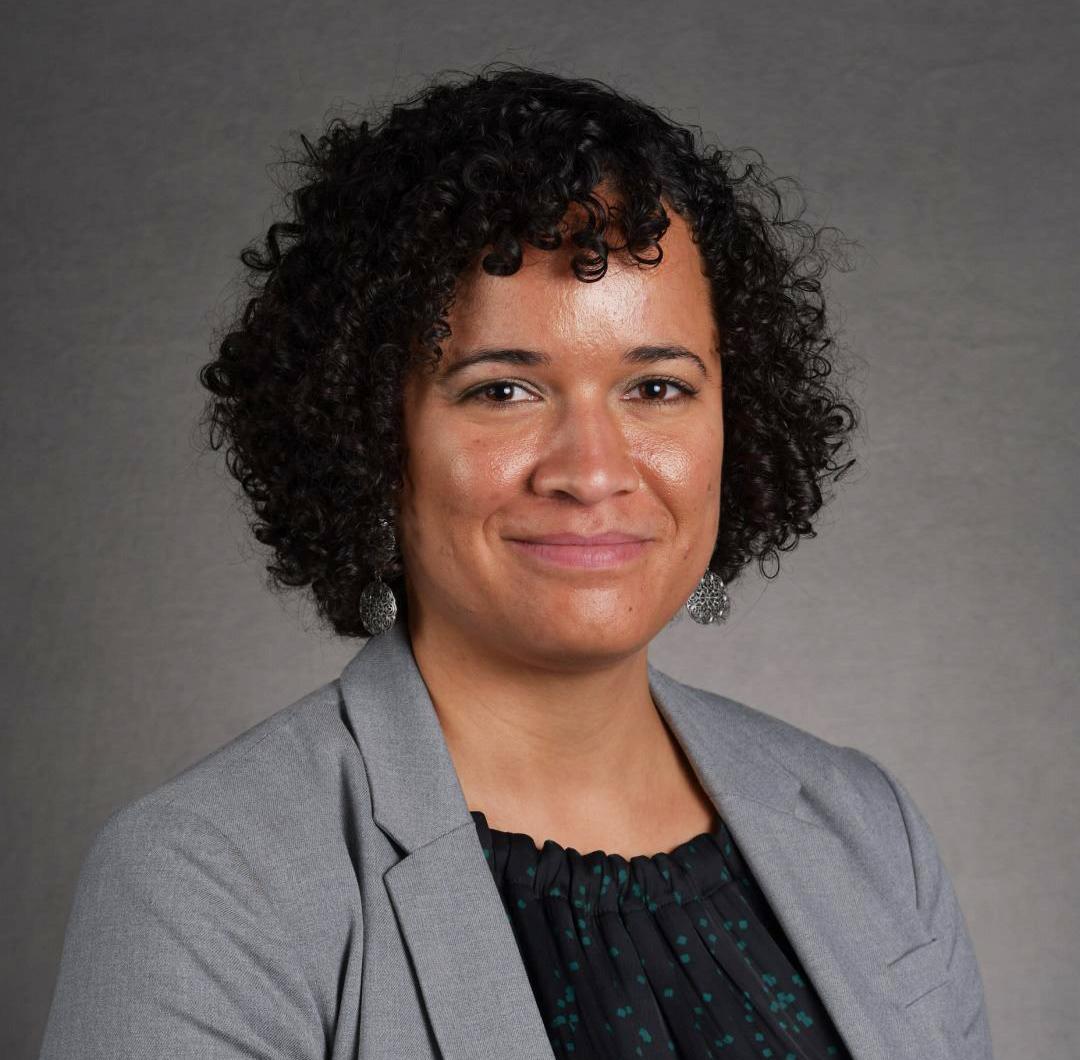News
Challenging philanthropic whiteness: Addressing racial inequities in funding public and nonprofit organizations

By Pam Cox
Philanthropy offers a powerful means to support causes that significantly improve the lives of the less fortunate or to provide essential opportunities to those who might not otherwise have access. However, some benefactors provide this crucial funding with specific and sometimes racially unjust conditions which align with their personal interests, according to new research.
Wilder School assistant professor Charity Scott experienced the ups and downs of benefactors with philanthropic educational priorities during her career as a K-12 teacher in Indianapolis, Ind.; a city that in 2015 adopted an academic strategy, to improve failing schools and boost enrollment via philanthropic partnerships. Many charter schools were established with significant funding but were not sustainable long-term forcing some to close due to dwindling finances. The strategy gained further national attention and sparked controversy when the large urban district began to create “Innovation Schools," converting neighborhood schools to nonprofits to be managed by outside organizations, mostly charter schools.
“My research revealed that while many foundations claimed to support marginalized communities, their methodologies and priorities often perpetuated the very inequalities they sought to address.” Scott shares that, “this backdrop sparked my curiosity about the power of philanthropy to fundamentally reshape the experiences of low-income and largely racially minoritized students and their families.”

“My research revealed that while many foundations claimed to support marginalized communities, their methodologies and priorities often perpetuated the very inequalities they sought to address.” Scott shares that, “this backdrop sparked my curiosity about the power of philanthropy to fundamentally reshape the experiences of low-income and largely racially minoritized students and their families.”
-Charity Scott, Ph.D.
Scott’s co-authored research, “Unveiling whiteness: an approach to expand equity and deepen Public Administration’s racial analysis,” published in Equity Diversity and Inclusion: An International Journal, addresses the frustrations shared by scholars and practitioners in the fields of public administration, nonprofit management and philanthropy regarding the racialized dynamics within these organizations. Scott analyzed various philanthropic organizations which intentionally or not are known for their exclusionary practices, such as the Gates Foundation and the City Fund. Scott was stunned to find how often vulnerable groups were sidelined from decision-making opportunities. The study offers suggestions to philanthropists for practical applications that could improve methodology and practices.
“The concepts and frameworks from my research can be practically applied in policy-making and administrative decision-making to address racial inequities.” Scott encourages policymakers to “adopt these insights to ensure more inclusive and equitable practices in grantmaking, public services and resource distribution.”
Changing the conversation in philanthropy
Scott’s research encourages philanthropic organizations to engage in honest conversations about historical inequities and reassess their methods to create more just practices. They should evaluate grantmaking processes, priorities, and collaborations for:
- Overt Exclusion: Marginalizing communities of color by imposing philanthropic agendas rather than co-constructing them
- Neoliberal Exclusion: Using metrics that assume objectivity and neutrality, ignoring the fundamentally unequal playing field in the US, and relying on market competition to equitably distribute resources
- Intentional Inclusion: Involving grantee organizations and the communities they serve in defining program goals, advancing solutions, creating ongoing feedback loops, and assessing progress
The response to Scott’s research has been overwhelmingly positive, especially from those who have experienced exclusionary practices. Scott offers advice for minority and women non-profits. They should consider how exclusionary practices might still apply, “emphasizing community involvement and transparency in their proposals can better align with more equitable philanthropic practices.”
Read more of Charity Scott’s co-authored published research articles:
Philanthropy as whiteness: toward racially just philanthropic practices